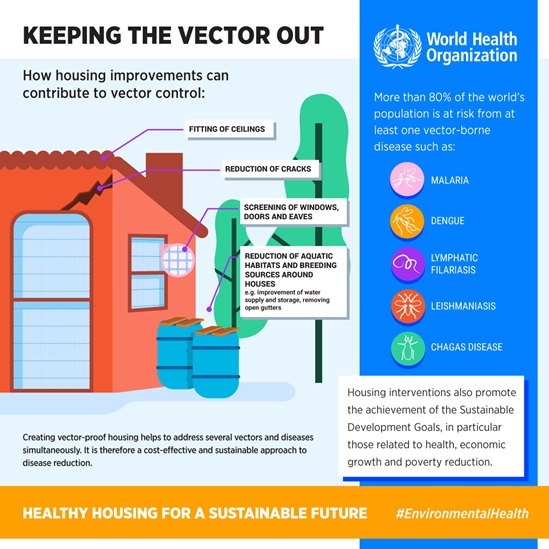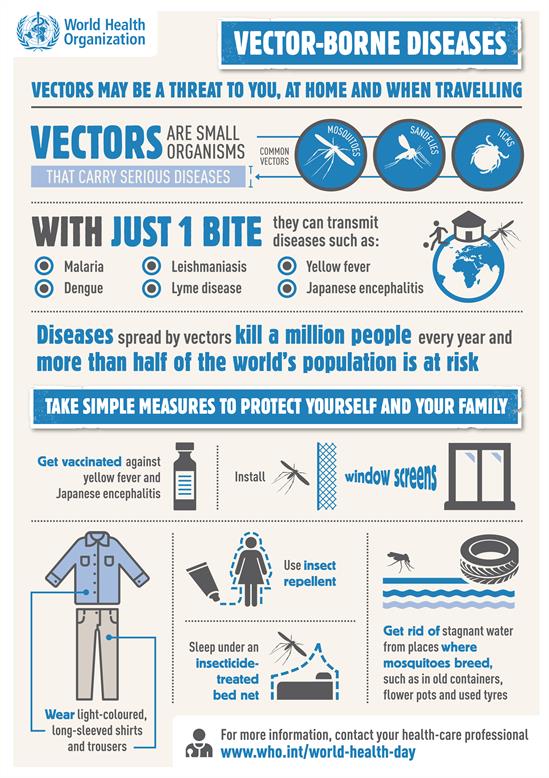Supplying antileishmanial medicines to the most vulnerable populations
Poverty-stricken communities have the highest burden of leishmaniasis and face several barriers to accessing leishmaniasis services, including affordable medicines and diagnostic tests.
WHO, along with medical nongovernmental organizations and manufacturers, is constantly working to improve access to medicines. Despite this effort, challenges persist – medicines are expensive despite price reductions negotiated by WHO, national protocols often do not reflect the latest developments, few or no medicines are included in national essential medicine lists, medicines are not always registered by the companies where they are needed and most antileishmanial medicines are produced by only a single manufacturer – to name a few.
In spite of challenges, considerable progress has been made in improving access to treatments, thus saving innumerable lives.
- AmBisome donation. In 2011, WHO and Gilead Sciences signed an agreement to donate AmBisome (liposomal amphotericin B for injection) for the treatment of VL. This agreement was extended for 5 years in 2016. Liposomal amphotericin B has the highest therapeutic index of all the antileishmanial medicines. The AmBisome donation benefits countries in the Indian subcontinent and in East Africa, where VL is highly endemic.
- Strategic fund. In the Region of the Americas, Member States have created a strategic fund with WHO to procure antileishmanial medicines. This fund enables the minimum ordering quantities of medicines to be met and each participating country to benefit as per its requirements.
- East Africa with ASCEND funds. Accelerating the Sustainable Control and Elimination of Neglected Tropical Diseases (ASCEND) is a new programme of the United Kingdom’s Department for International Development (DFID). This programme allows WHO to procure antileishmanial medicines and diagnostic tests for five East African countries and diagnostic tests for one South Asian country.
- WHO Integrated Medical Supply System (WIMEDS). WIMEDS is an online medicine forecasting and tracking system. Leishmaniasis is the first disease to be included in WIMEDS for the AmBisome donation programme. This system will streamline forecasting, tracking, shipping and delivery of medical supplies.




